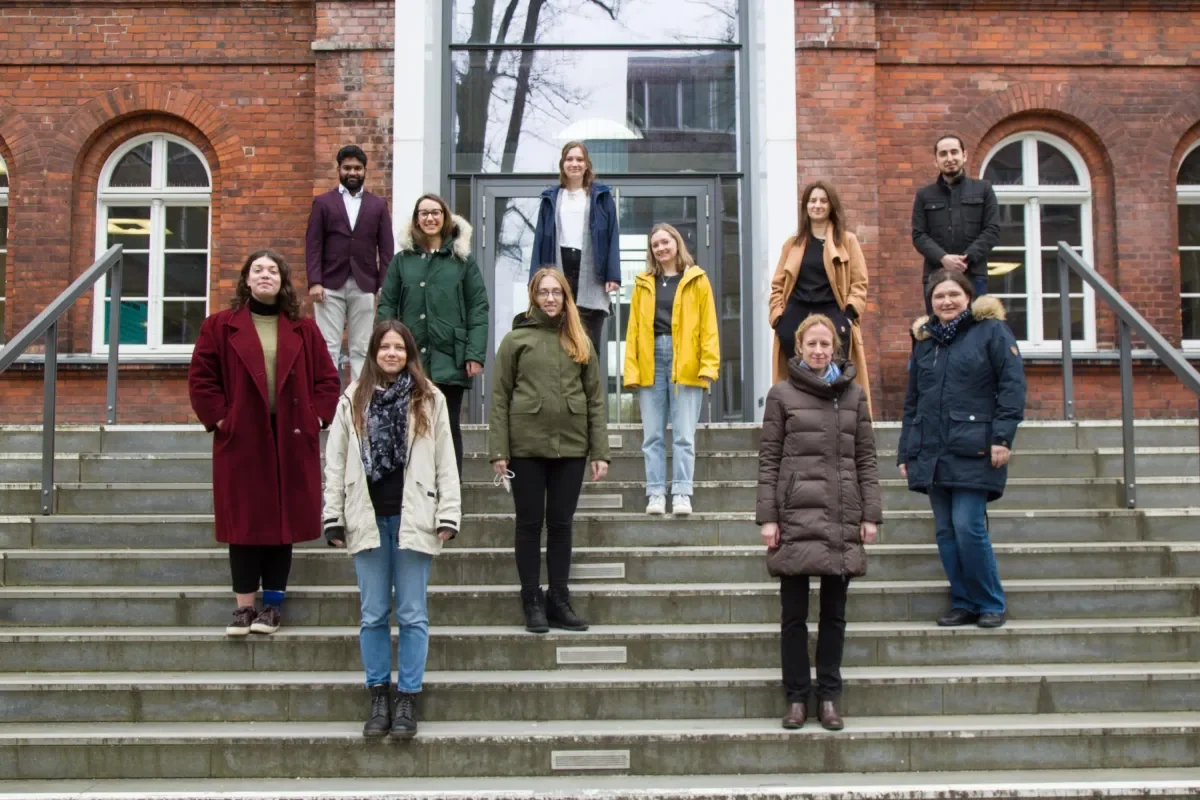

Students from across Europe work on creating a climate-neutral campus
Last month, DCU Masters in Climate Change student Shannen Plunkett joined eight of her international peers at Hamburg’s University of Technology to work on making university campuses around Europe climate-neutral.
“The two days in Hamburg were quite intense, but very fun,” she said. “We took part in workshops and team-building exercises and had some time to work with our individual groups on our projects. I think the best part was meeting everyone in person after having only seen them on Zoom the past few months. It was also very positive to see so many people who are actively trying to do something about the climate crisis.”
The two-day workshop series formed part of ECIU’s university challenge on developing climate neutral campuses in Europe.
DCU is committed to placing sustainability at the core of all the University's activities - and this ECIU project aligns with other college-wide sustainability actions, like the recently announced Centre for Climate and Society, which will bring together expertise from various DCU faculties to promote a range of different approaches to thinking and talking about climate change to facilitate action.
In Hamburg, Shannen joined students from the University of Trento (Italy), University of Aveiro (Portugal), Linköping University (Sweden), Kaunas University of Technology (Lithuania), University of Stavanger (Norway) and Hamburg University of Technology (Germany). Though this was their first time meeting in person, the international group has been working together virtually since February to develop ideas to reduce CO2 emissions, increase behavioural awareness among students and staff and develop proposals to avoid "greenwashing".
“For my team's project, we're creating an assessment of the universities in the ECIU programme and analysing their climate action plans,” explained Shannen. “The aim is to see if their words live up to their actions and then to present some best practices and guidelines for future universities to become more sustainable. The challenge has involved a lot of extra work, but it's really rewarding to see it all come together now.”
Alongside DCU, the universities named above form ECIU - the European Consortium of Innovative Universities - a leading international network of research intensive universities, with collective emphasis on innovation, creativity and societal impact.
For further information about the ECIU University challenges, including DCU’s contribution on Carbon-intensive regions in transition, visit ECIU University.
